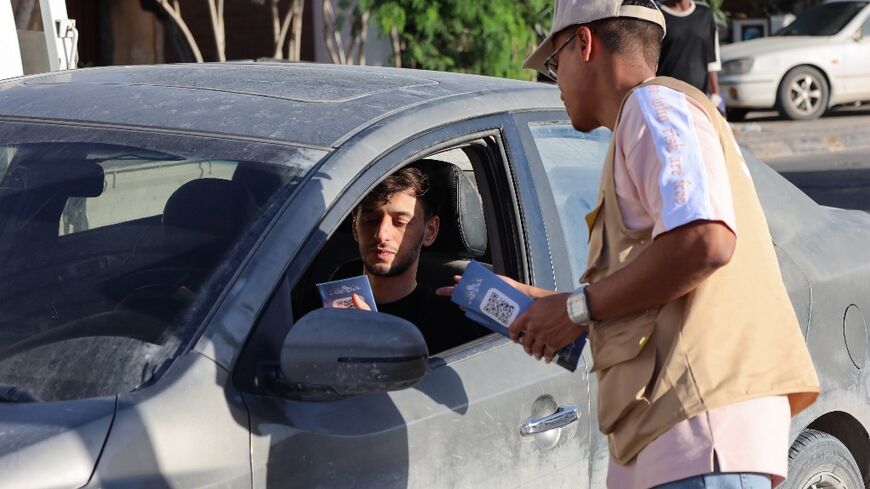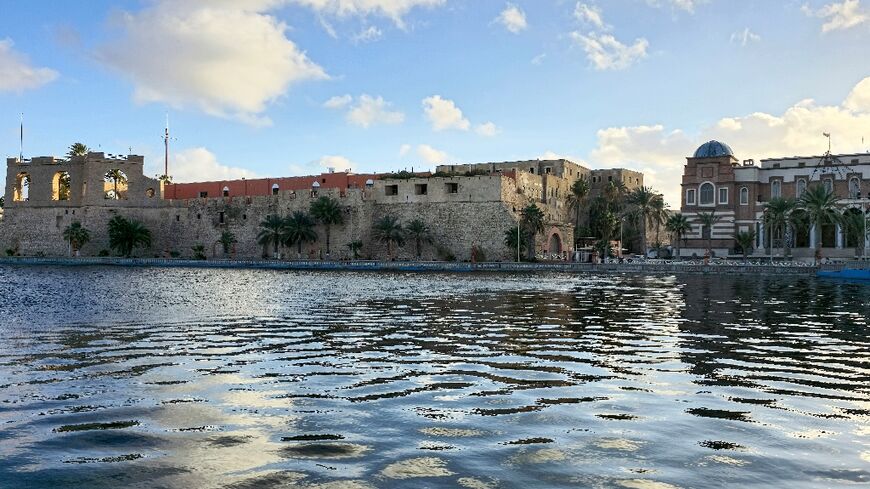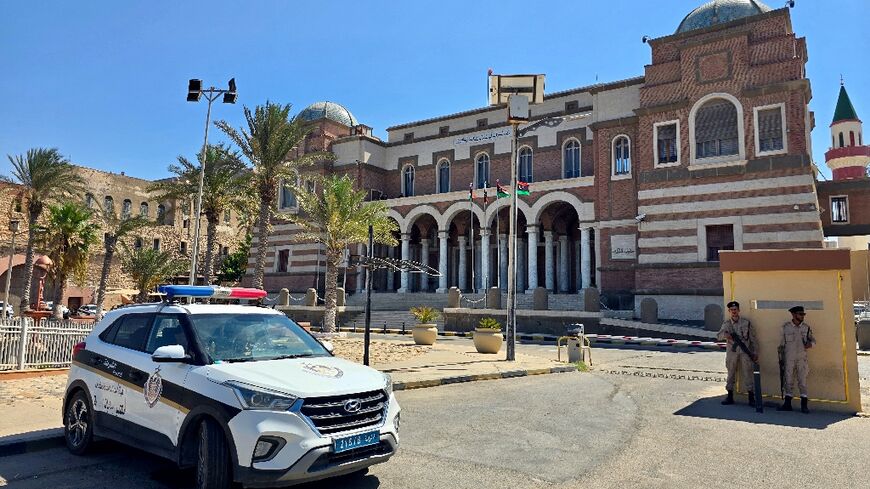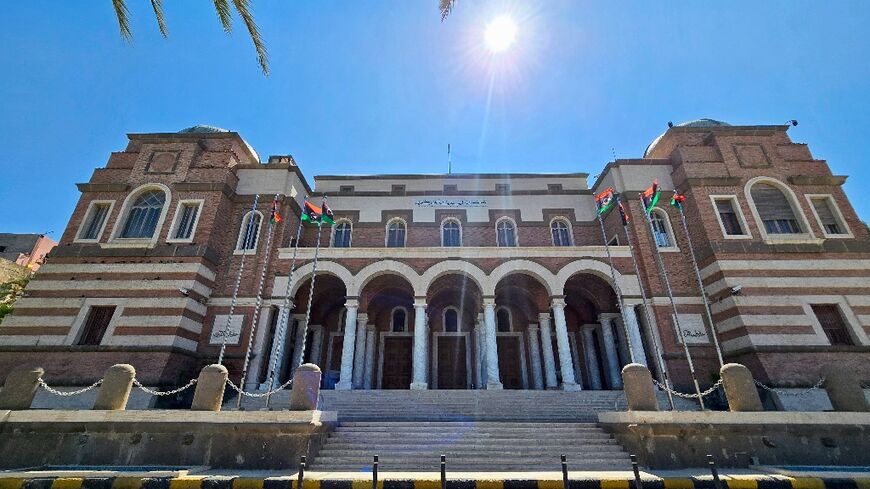Libyans vote in local elections snubbed by eastern government
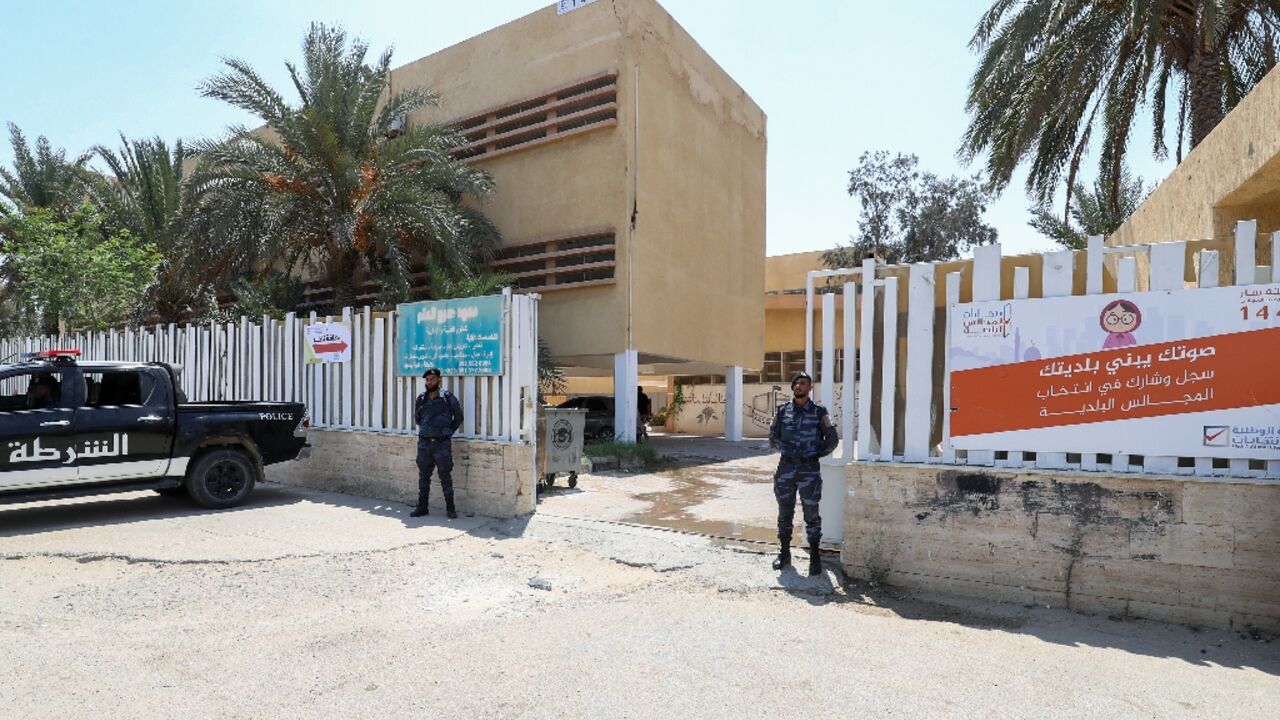
Tens of thousands of Libyans voted in local elections on Saturday in areas controlled by the Tripoli government but opposition from a rival administration in the east prevented the polls going ahead elsewhere.
The elections were seen as a test of democracy in a nation still plagued by division and instability after years of unrest following the NATO-backed uprising that toppled longtime leader Moamer Kadhafi in 2011.
The UN Support Mission in Libya (UNSMIL) praised organisers for the conduct of Saturday's elections but criticised the eastern administration, backed by military strongman Khalifa Haftar, for its "violation" of the rights of voters in areas under its control.
Polling took place in around 50 municipalities, including the capital.
"Voting today in Tripoli is crucial for me because it makes me feel useful," said Sami el-Tajuri, a 62-year-old architect, adding that his three children are voting for the first time.
"It's frustrating to see that I can have my say in who will represent me but so many other Libyans, especially in the east, cannot."
Since Kadhafi's overthrow, Libya has been split between the UN-recognised government in Tripoli, led by Prime Minister Abdulhamid Dbeibah, and its eastern rival, backed by Haftar.
Elections were initially scheduled in 63 municipalities -- 41 in the west, 13 in the east and nine in the south.
But the High National Election Commission (HNEC) suspended elections in 11 municipalities, mostly in Haftar-controlled areas, due to "irregularities", including unexplained halts in voter card distribution.
The UN Support Mission in Libya (UNSMIL) commended the HNEC for its "steadfast commitment to ensure credible electoral operations amidst significant operational and security challenges".
It said it regretted the decision of the eastern-based government to block the elections in areas under its control.
"This is a violation of political rights of the Libyan citizens," the UN mission said.
Turnout in the municipalities where elections were held reached 71 percent with 161,684 votes cast, according to provisional figures, the HNEC said.
On Saturday, the commission announced the postponement to August 23 of elections in seven more municipalities, mostly in the west, including four in the Zawiyah area, as well as Surman and Sabratha.
The delays followed Friday arson attacks that destroyed electoral materials in Zawiyah and Sahel al-Gharbi.
And on Tuesday, the electoral body said a group of armed men attacked its headquarters in Zliten, some 160 kilometres (100 miles) east of Tripoli.
"These attacks, on the eve of polling day, threaten the conduct of the ongoing municipal elections and the broader democratic aspirations of the Libyan people," UNSMIL said.
A heavy police presence was deployed outside polling stations on Saturday.
In some municipalities, residents were voting in a local election for the first time since 2014.
For Tripoli resident Esraa Abdelmomen, 36, a mother of three, the elections were "very important" because they determine who will manage government-allocated funds.
After Kadhafi's overthrow, Libya held its first freely contested elections in 2012 for the 200 members of the General National Congress.
That was followed by nationwide municipal elections in 2013 and legislative polls in June 2014, which were marred by renewed violence and very low turnout.
